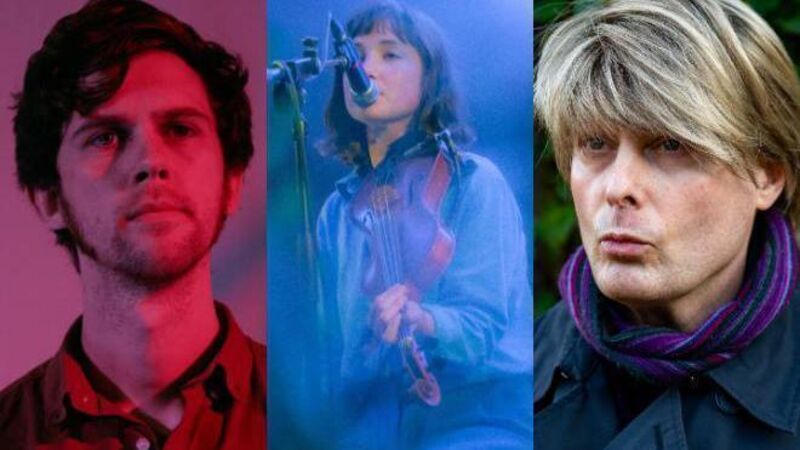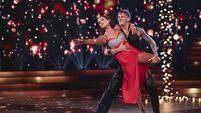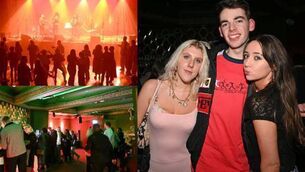Making our way in music: Three Cork artists on sticking with the thing they love

L-R: Caoilian Sherlock; Niamh Dalton; Mark O'Leary
Caoilian Sherlock is a talented Cork City-based music stalwart, who boasts over a decade of experience playing music and writing songs in various bands. Throughout his tenure, he’s worked a myriad of jobs — potato picker, a Santa Claus, a barman, a sexual health teacher and acting the part of a "moving picture" at a Harry Potter-themed wedding — but today, his whole income comes from music.




